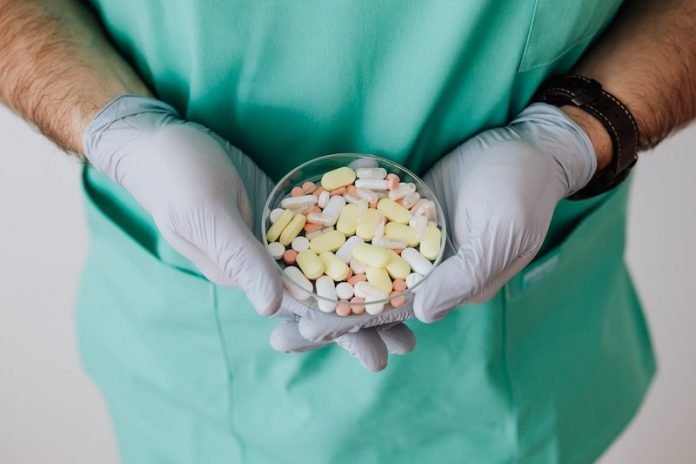
Antidepressants are medicines that treat depression.
They may help improve the way your brain uses certain chemicals that control mood or stress.
You may need to try several different antidepressant medicines before finding the one that improves your symptoms and has manageable side effects.
A medication that has helped you or a close family member in the past will often be considered.
Antidepressants take time – usually 2 to 4 weeks – to work, and often, symptoms such as sleep, appetite, and concentration problems improve before mood lifts, so it is important to give medication a chance before reaching a conclusion about its effectiveness.
If you begin taking antidepressants, do not stop taking them without the help of a doctor.
Sometimes people taking antidepressants feel better and then stop taking the medication on their own, and the depression returns.
When you and your doctor have decided it is time to stop the medication, usually after a course of 6 to 12 months, the doctor will help you slowly and safely decrease your dose.
Stopping them abruptly can cause withdrawal symptoms.
Please Note: In some cases, children, teenagers, and young adults under 25 may experience an increase in suicidal thoughts or behavior when taking antidepressants, especially in the first few weeks after starting or when the dose is changed.
This warning from the U.S. Food and Drug Administration (FDA) also says that patients of all ages taking antidepressants should be watched closely, especially during the first few weeks of treatment.
If you are considering taking an antidepressant and you are pregnant, planning to become pregnant, or breastfeeding, talk to your doctor about any increased health risks to you or your unborn or nursing child.
You may have heard about an herbal medicine called St. John’s wort.
Although it is a top-selling botanical product, the FDA has not approved its use as an over-the-counter or prescription medicine for depression, and there are serious concerns about its safety (it should never be combined with a prescription antidepressant) and effectiveness.
Do not use St. John’s wort before talking to your health care provider.
Other natural products sold as dietary supplements, including omega-3 fatty acids and S-adenosylmethionine (SAMe), remain under study but have not yet been proven safe and effective for routine use.
If you care about depression, please read studies about scientists find a core feature of depression and findings that this metal in the brain strongly linked to depression.
For more information about mental health, please see recent studies about this drug for mental health that may harm the brain, and results showing that this mental problem can help predict dementia years before memory loss.



